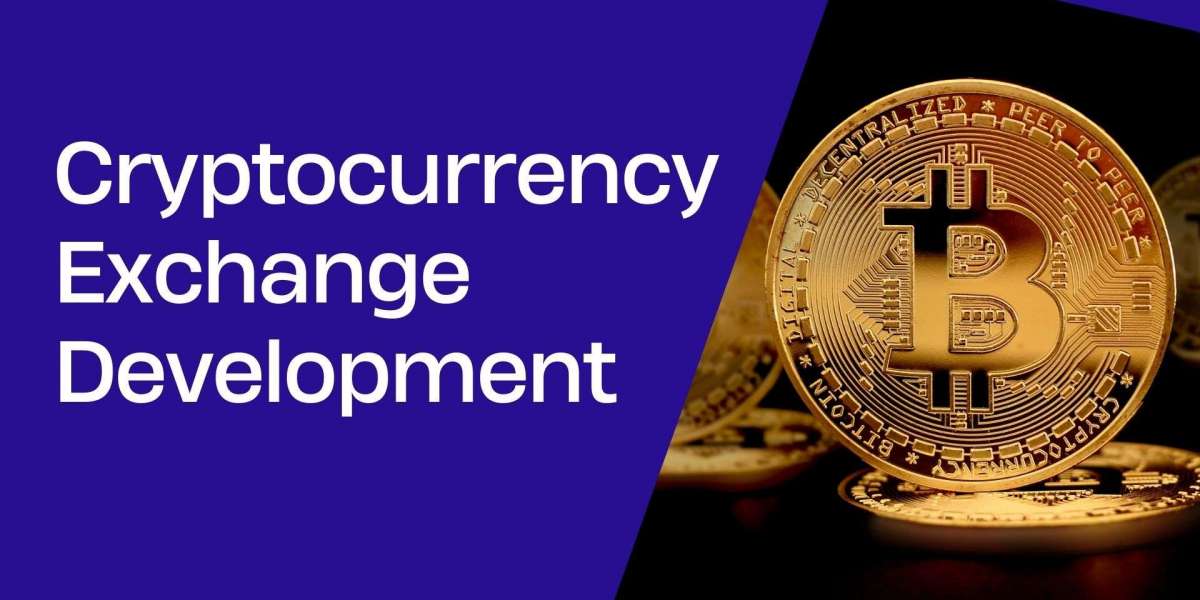The world of cryptocurrency exchanges is rapidly evolving, with new trends emerging as the digital asset market continues to mature. As the demand for crypto trading grows, exchanges must adapt to remain competitive and meet the evolving needs of traders. Let’s explore some of the future trends that are expected to shape the crypto exchange landscape in the coming years.
Future trends in crypto exchange
1. Decentralized Finance (DeFi) Integration
Decentralized finance (DeFi) is quickly becoming a dominant force in the crypto space, and this shift will greatly influence the future of crypto exchanges. More exchanges are expected to integrate DeFi protocols, allowing users to engage in decentralized trading, lending, and borrowing directly from the exchange platform. By providing users with access to DeFi services, crypto exchanges can enhance their value proposition and attract a larger audience.
2. Increased Regulation and Compliance
As governments worldwide continue to tighten their control over the cryptocurrency market, crypto exchanges will need to adapt to a more regulated environment. Regulatory frameworks are likely to become more standardized, with stricter Know-Your-Customer (KYC) and Anti-Money Laundering (AML) policies. This will create a more secure and transparent environment for users but will also challenge exchanges to balance user privacy and compliance.
3. Cross-Chain Compatibility
Currently, most crypto exchanges are limited by the blockchain networks they support. However, as the blockchain ecosystem evolves, there will be a greater focus on enabling cross-chain compatibility. This will allow users to trade assets across different blockchains seamlessly. The future of crypto exchanges will involve the development of interoperability solutions, making it easier to trade cryptocurrencies regardless of the blockchain they belong to.
4. Enhanced Security Features
Security remains one of the biggest concerns for users in the crypto market. Future crypto exchanges will prioritize security features such as biometric authentication, advanced encryption techniques, and multi-layered security protocols. Moreover, exchanges will increasingly implement self-custody models, allowing users to control their private keys while ensuring their assets remain secure.
5. Integration of NFTs (Non-Fungible Tokens)
As the popularity of NFTs grows, crypto exchanges will likely begin supporting the trading of digital collectibles, virtual real estate, and other forms of NFTs. Exchanges are expected to evolve into multi-asset platforms where users can buy, sell, and trade cryptocurrencies as well as NFTs, providing a more diverse trading experience.
6. AI and Machine Learning for Enhanced Trading
Artificial Intelligence (AI) and Machine Learning (ML) technologies are becoming a game changer for crypto exchanges. These technologies can assist in automating trading strategies, analyzing market trends, and detecting fraud in real-time. AI-powered trading bots could make trading more efficient, allowing users to make data-driven decisions based on real-time market analysis and predictions.
7. Fiat-Crypto Integration
As the adoption of cryptocurrencies increases, crypto exchanges will likely expand their fiat-crypto integration. This will allow users to more easily convert between fiat currencies and digital assets. Simplified payment gateways, alongside instant and low-fee transactions, will make it easier for everyday users to participate in the crypto market.
8. Mobile-First Experience
With the increasing use of smartphones for financial transactions, crypto exchanges will shift toward providing a seamless mobile experience. The future will see the development of mobile-first platforms that allow users to trade and manage their assets from anywhere. Enhanced mobile apps with improved user interfaces and faster performance will likely dominate the crypto exchange market.
9. Staking and Yield Generation
As interest in passive income through cryptocurrencies grows, exchanges are expected to integrate staking services, allowing users to earn rewards by holding certain cryptocurrencies on the platform. Yield farming, liquidity mining, and other yield-generating services will also likely be offered, enabling users to earn rewards for contributing to liquidity pools and staking assets.
10. Integration of Traditional Financial Assets
As crypto adoption rises, many exchanges are looking to offer more traditional assets alongside digital currencies. Future exchanges may allow users to trade both cryptocurrencies and traditional financial assets like stocks, commodities, and ETFs, creating a more comprehensive platform for all types of traders.
Conclusion
The future of crypto exchanges looks exciting, with numerous trends shaping how platforms operate and interact with users. From decentralized finance integration to enhanced security measures and the rise of NFTs, the crypto exchange ecosystem will continue to innovate and evolve to meet the needs of traders and investors. As the market matures, these trends will drive growth, offering more opportunities and creating a more seamless and inclusive crypto trading experience for all.
If you’re considering building your own crypto exchange or enhancing an existing platform, it's essential to work with a development team that understands these emerging trends. As the market grows, the demand for innovative, secure, and compliant exchanges will only increase, so now is the time to act.
Looking to develop a crypto exchange ? At Opris, provide cost-effective and high-quality solutions tailored to your needs.
Visit Opris >>>> https://www.opris.exchange/cryptocurrency-exchange-development/







